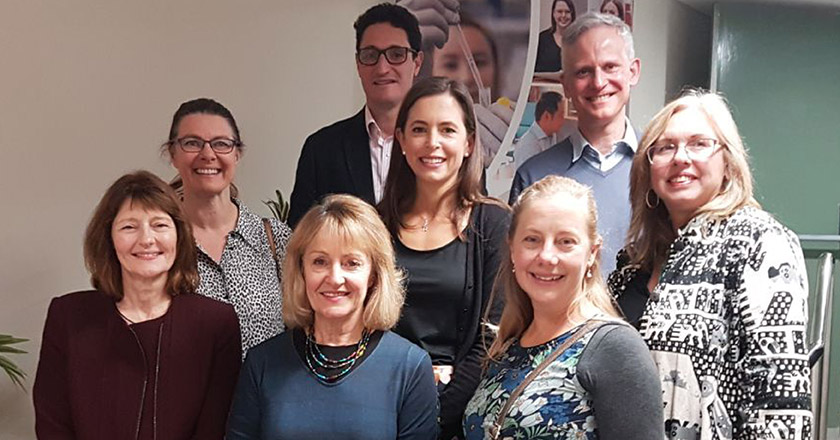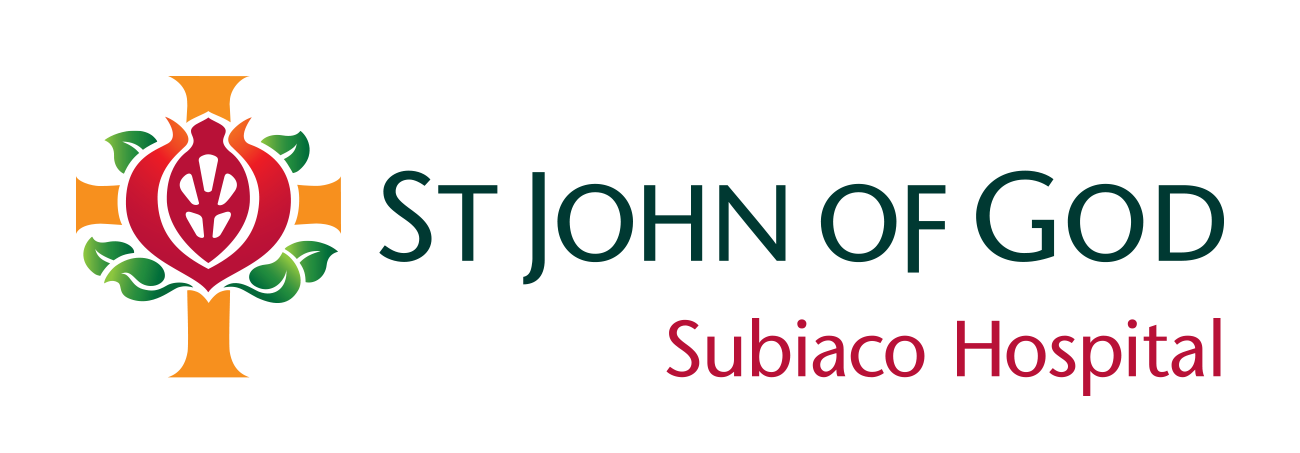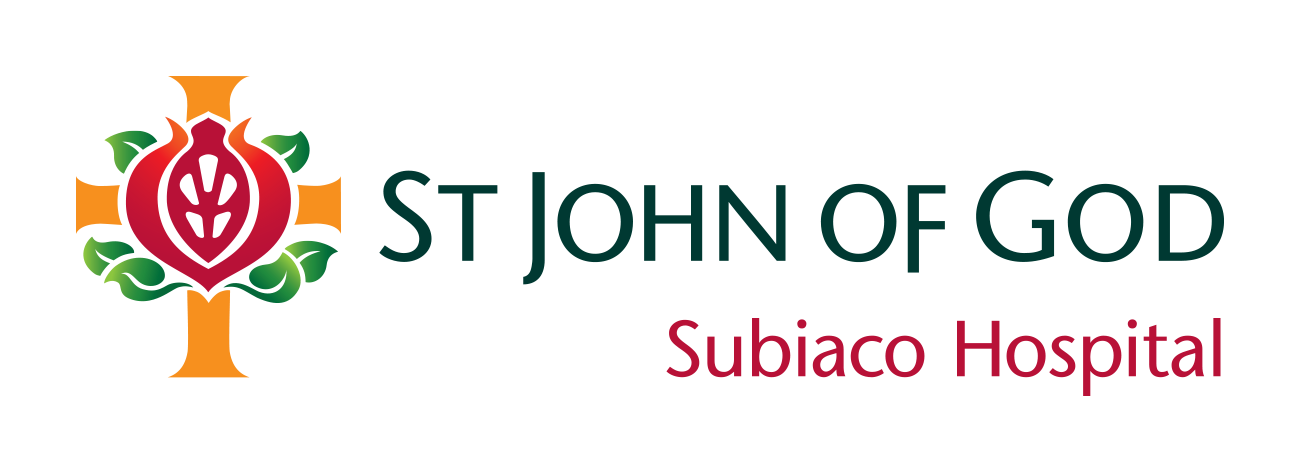Subiaco helps women at risk of breast and ovarian cancer to make informed health decisions
As a leading provider of cancer services and care St John of God Subiaco Hospital hosted an information day for more than 100 members of the Western Australian community who are at high risk of breast and ovarian cancer due to a known inherited genetic condition or family history.
1 Jul 2019

1 July 2019
Geneticists and genetic counsellors, breast surgeons, gynaecological oncologists, menopause specialists, and medical researchers shared the latest research, treatments and cancer risk-reducing options to help women make more informed decisions about their health care.
Event attendees had the unique opportunity to meet others who are experiencing the same genetic condition and ask the presenters questions.
26 year old Jaimee Watts has had four risk-reducing surgeries at St John of God Subiaco Hospital since discovering she carried the BRCA gene almost a year ago and spoke at the event about her experience
“Knowing your risk comes from such an empowering place. The choices you make are on your own terms. Having that autonomy is hugely important and some people aren’t as lucky,” she said.
St John of God Subiaco Hospital Director of Gynaecological Cancer Research Associate Professor Paul Cohen added identifying a BRCA mutation early enables an individual to adopt strategies to reduce their chance of developing cancer.
"It also provides their family members and future generations the opportunity to reduce their cancer risk,” he said.
“Based on a population BRCA mutation carrier rate of 1 in 400, there would be approximately 5,000 people in Western Australia expected to carry a BRCA mutation.
"This means there are around 3,500 people who carry the gene and don’t know.”
St John of God Subiaco Hospital has provided cancer care and services to the Western Australian community since its establishment in 1898.
Over the past century, the Hospital has continued to develop its cancer services, resulting in the establishment of the State’s first comprehensive cancer centre in 2007 and its reputation as one of Western Australia’s leading research facilities.
Since 2006, almost 1,000 Western Australians affected by cancer have benefited from clinical trials led by the Hospital’s specialists.
You may be interested in

